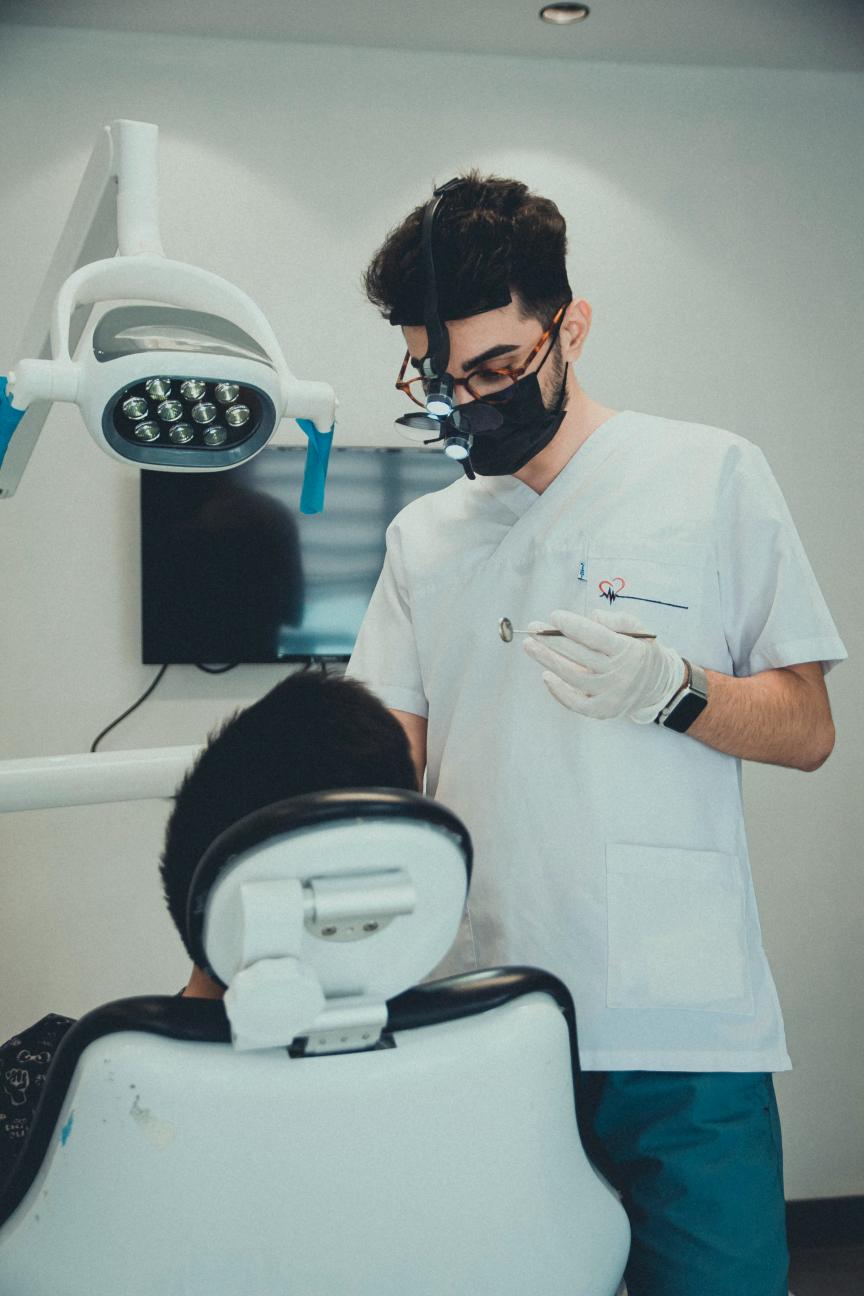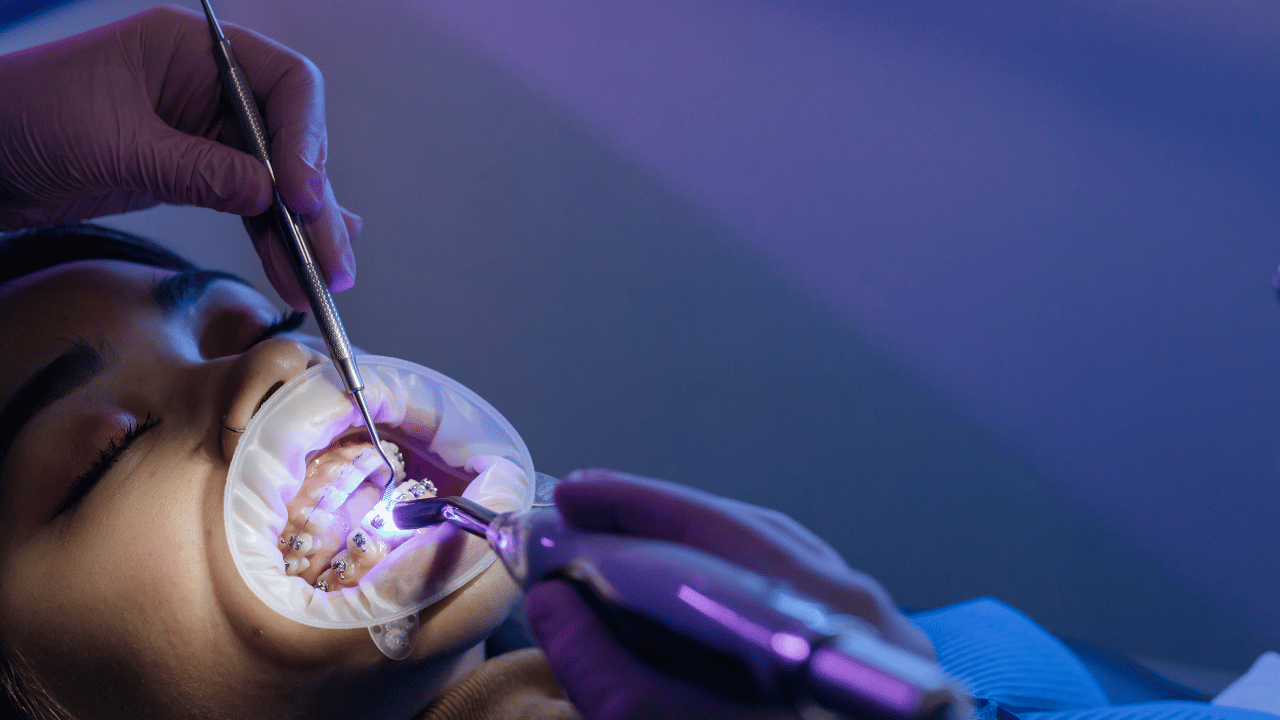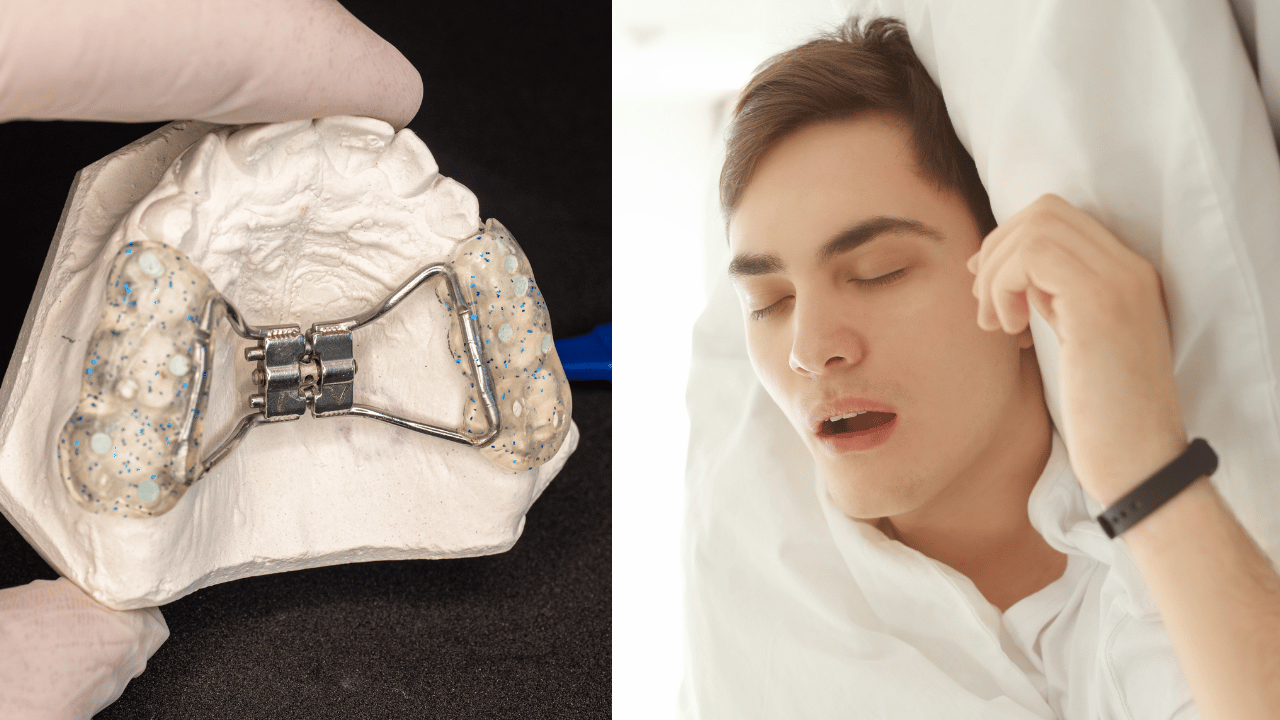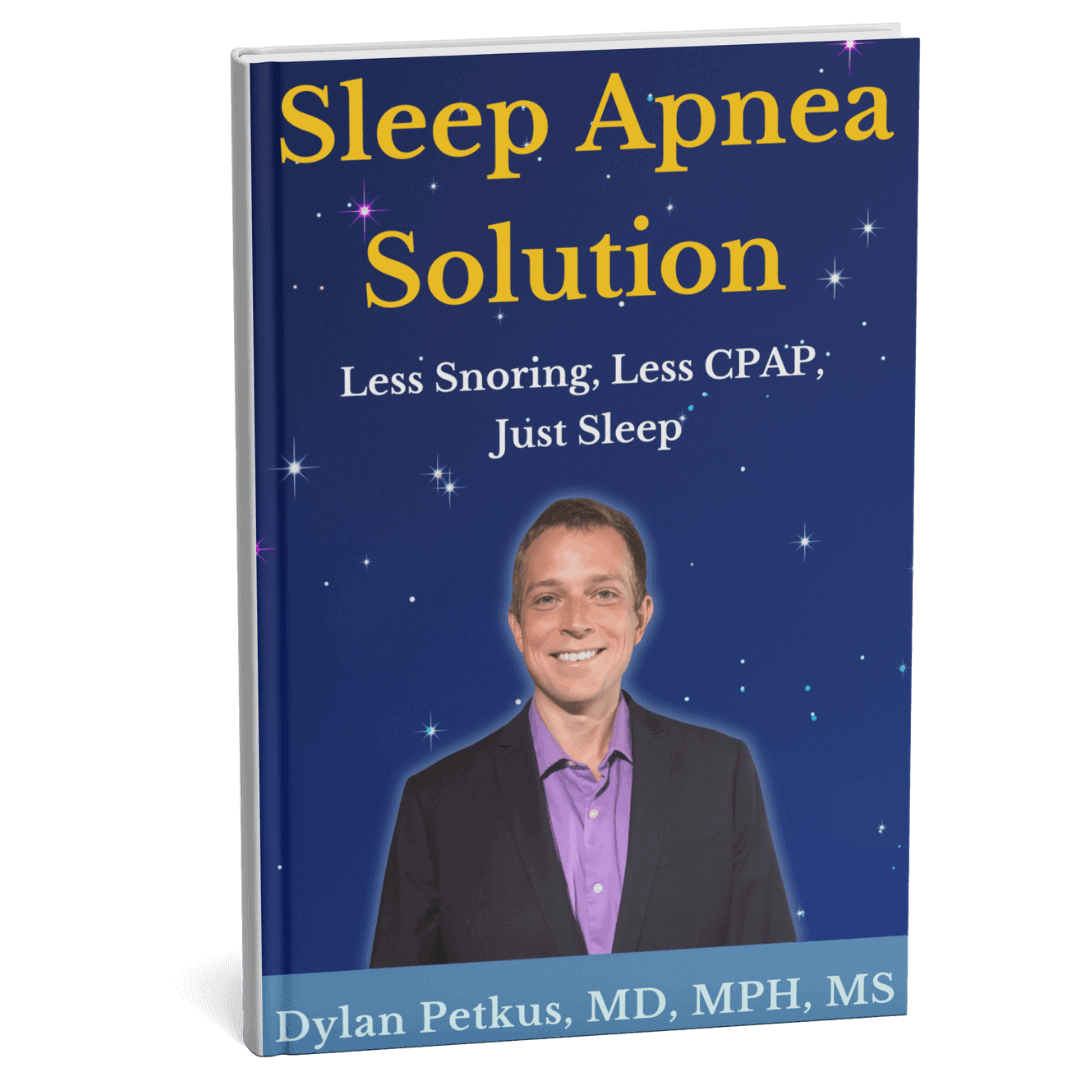
Sleep apnea can be caused by tooth or jaw misalignment, or issues with your dental arch. In these cases, orthodontists can apply aligners like braces to help you manage the root cause of your sleep apnea.
Sleep apnea is a complex condition, which is why patients are often recommended different approaches to deal with its symptoms–from taking supplements that treat sleep apnea to getting sinus surgery for sleep apnea. Orthodontic methods are another common option.
In this post, we’ll explore the role of orthodontics in treating sleep apnea, as well as connect you to resources that can offer a more natural approach to enhancing your sleep.
How Orthodontists Can Help With Sleep Apnea
Sleep apnea is largely muscle-related. However, in some patients, the root cause of the disorder is actually orthodontic. This is where an orthodontist comes in.
In most situations, orthodontists will put on aligners or braces to reposition your teeth or hold your jaw so that your mouth is in the right position, with the goal to help you sleep better at night. They may also use a mandibular advancement splint, which is a custom-fit brace that changes your jaw’s alignment and widens your mouth’s airway, reducing blockages.
When dealing with sleep apnea in kids, orthodontists may also use a rapid palate expander, which is bonded or cemented onto the upper molars to widen the space in the child’s upper jaw.

Braces Versus Other Sleep Apnea Approaches
Braces can be a useful method for dealing with sleep apnea, and it’s especially ideal for patients whose disorder is primarily caused by dental issues. That said, orthodontics may be coupled with other techniques, such as using a continuous positive airway pressure (CPAP) mask or machine at night.
Sleep apnea is unique for every person. It’s best to consult your primary healthcare provider to find the best plan that fits your specific needs and preferences.
Orthodontics Versus Sleep Apnea
Orthodontics might not be the catch-all solution to your sleep apnea, because there is not enough research to prove it can actually help. The current evidence suggests that dental procedures are helping patients better manage their symptoms, but research is ongoing.
Interestingly, several studies look into sleep apnea cases in children. A systematic review and meta-analysis determined that interceptive orthodontic treatments showed “overall favorable effects” on respiratory outcomes in obstructive sleep apnea (OSA) in children. However, the review notes that the treatment can’t be suggested as an elective for OSA due to the low body of evidence Another review stated that “orthodontic treatments may be effective in managing pediatric snoring and [OSA].”
Concerning sleep apnea in adults, current literature supports the role of orthodontics as a sleep apnea approach. A study demonstrated that adjusting and expanding the jaw can “possibly improve” the apnea-hypopnea index (AHI or the combined average number of breathing disturbances that occur per hour of sleep) and oxygen saturation levels in adults. The use of oral appliances–including ones with different mandibular protrusion positions–has shown promising results in reducing AHI scores and regulating oxygen saturation levels.

Natural Approaches to Sleep Apnea
Sleep apnea is often caused by many different factors, so healthcare professionals often suggest comprehensive and multidisciplinary approaches, including orthodontics and dental procedures.
Other approaches to sleep apnea can include breathing routines, supplements, and mechanical assistance, like CPAP machines or mouth tape. To get more ideas on how to help overcome sleep apnea, be sure to get our book, Sleep Apnea Solution!



